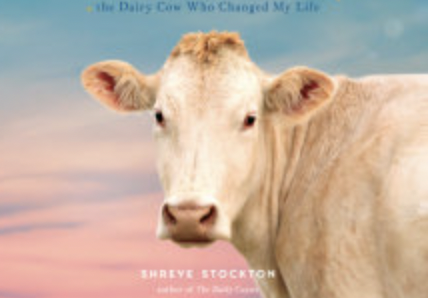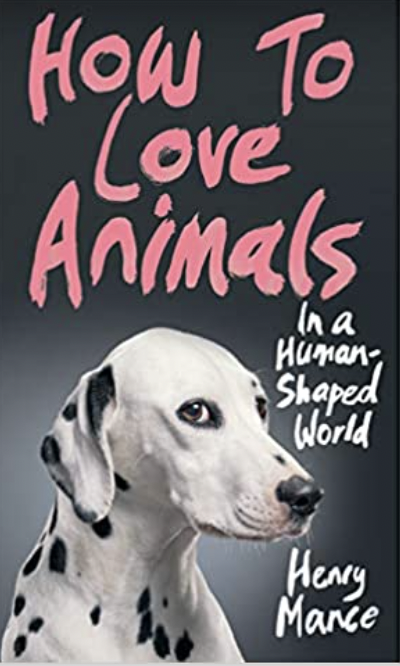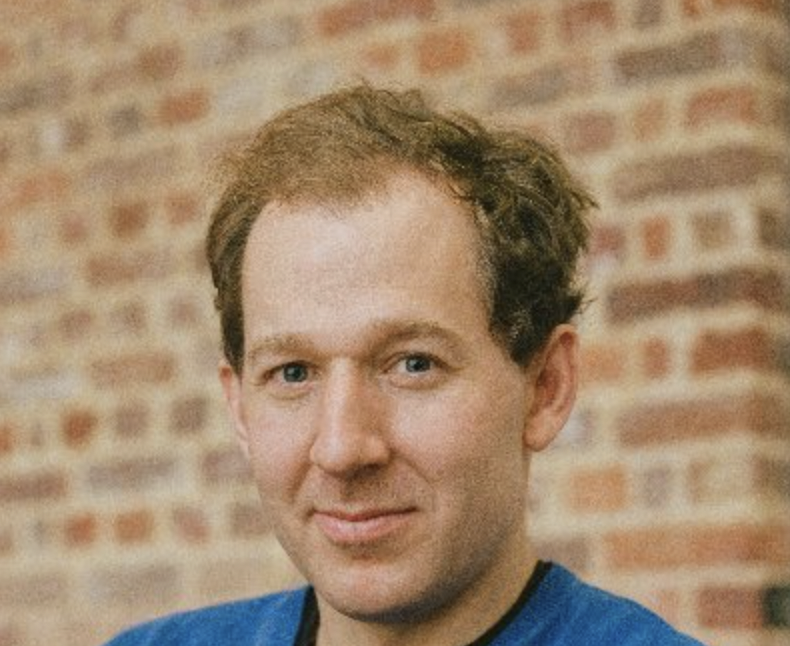
Humans can’t digest grass


Financial Times’, chief features writer, Henry Mance, a vegan, would very much like you to be, too. His argument why lies at the centre of How to Love Animals, is challenging and funny. For some it could prompt moral reasons that those of us who love animals, but also profit from their suffering cravenly managed to avoid. Henry Mance sets out on a personal quest to see if there is a fairer way to share our planet with the other species who enrich our lives. He goes to work in an abattoir and on a pig farm, and meets chefs, hunters, scientist, activists, and conservationists who want to redefine how we think about animals. On an animal rebellion protest, he visits a research lab, the EU’s biggest fresh fish market in Vigo, and the Corgi Con canine beach party in San Francisco, and talks to scientists, bewilders, biologists, a vegan chef, billionaire philanthropists and conservationists. “Giving up meat saves farm animals from suffering and creates space for wild animals. If we move away from meat eating, Wolves will kill deer – not sheep or cows”. It was Colombia’s drug wars not conservation efforts, that protected its rainforest, and that calls for human population control shade all too easily into eco-fascism. Farm muscles, oysters can be eaten in good conscience, arguing for deer to be culled. Mance makes a strong ethical case for giving up meat and dairy if you live in America. Anyone willing to reduce their intake of animal products while shopping carefully, locally and paying more may find themselves unpersuaded that veganism is morally necessary in the UK. Human’s can’t digest grass and we could not grow many of the staples of a vegan diet even on our prime arable land. His personal journey into our evolving relationship with animals, and thought provoking look at how those bonds are being challenged and reformed across disciplines. If we took animals’ experiences seriously, how could we eat, think and live differently? The book is an important portrait of our evolving relationship with animals, and how we can share our planet fairly.
“What would happen if we thought about animals, all animals? Would we change the way we source our food, the way we treat the natural world and the way we look at animals in zoos? Like many people, I fell in love with animals because I thought they were beautiful.”
How to Love Animals in a Human-Shaped World by Henry Mance, Jonathan Cape £20, 400 pages.
